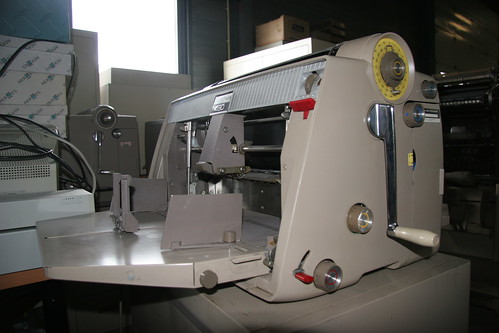As the rubbish bin of history yawns before me, I become fearful that there will be no memory of all that effort I poured into all those plays. So I'm in a frenzy to get all my work digitised and available on line for future generations to wonder at. It is my heritage (and all my children will inherit as, being a playwright there is only a large overdraft at the bank for them) This is not an easy process and promises to take as long as it did to write the stuff in the first place.
I have been using a computer for the past seventeen years so there is a fair chunk already in digital format. But that in itself presentrs its own problems. When I first bought a computer there was, even then, a war between apple and microsoft so I installed a program called Claris works which enabled files to be opened in both systems. Joy, I was ahead of the field. As I updated my computers, I transferred the files with their .cwk designations and installed the program on every machine. And then Claris works was discontinued. But I wasn't worried because I was able to keep on installing the programs I had and I continued using this now outdated format. Until the fateful day when I discovered that my latest machine, not only would not open the .cwk files but also would not install the Claris Works program. Now I am in trouble. A considerable amount of work on a memory stick irretrievably lost. But then a brainwave. I would buy a primitive enough machine to install the old program, translate everything on the stick into .rtf and carry it forward to be opened by my latest version of Office or Open Office.
Have you tried buying a 486 computer recently? Basically, they don't exist. All those millions of machines that went to scrap and not one to be had anywhere outside a museum. In the end a computer engineer I know persuaded a very elderly person to part with their cherished wood veneer antique and I paid good money for something I'd thrown away myself years before.
With the new (antique) machine humming and whirring I discovered that it wouldn't perform a bulk transformation so I had to open every single file I'd made in seventeen years and click "save as". OK, that's still an ongoing project. But that's not the half of it. Now I've go to format all those into a form that is compatible with modern digital publication. I'll tell you about that later. And the more pressing problem of how to get my dozens of typescripts scanned and copied. You'll love that.

